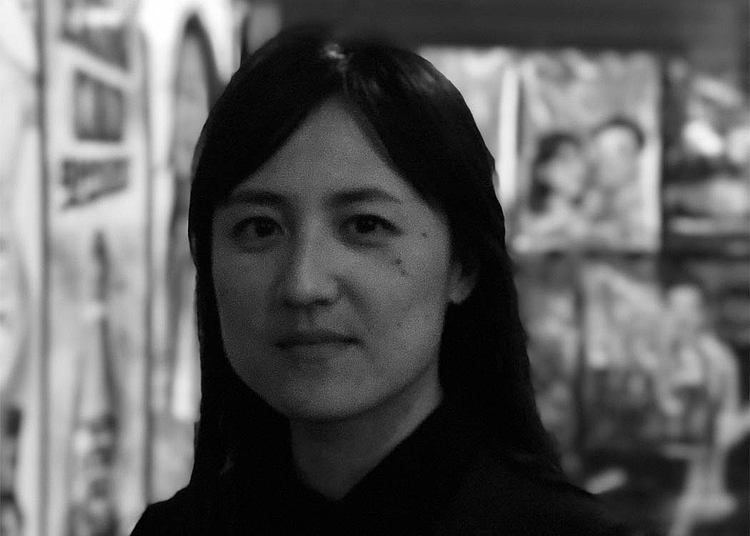When did you figure out your preferred career path? How much was your choice influenced by the compulsory internship?
I'm not a career-driven person, so I suppose I'm the wrong person to ask. As long as I'm in a place where I can indulge my research compulsions, have a platform for resistance, and sometimes buy my daughter overpriced cake pops, I'm good.
Why did you decide to study M.A. Visual and Media Anthropology?
I wanted to go back to school, and didn't believe in the education system in which I was raised (a small, isolated country called the US). VMA married my lifelong interests in art, theories, and people.
Which contents of your studies are part of your current job? How do your studies help you in your work routine?
As a video producer and editor, I am constantly questioning how people and cultures are being represented. Is this video reinforcing a dominant narrative? Does it make us see in a different way? How are people being shown—what is their agency in this piece of media we are blasting out to millions of viewers across the world? Working at a German institution as a woman of color and a foreigner means that it is an everyday task to insist on examining power relations and the politics of representation.
What are your plans for the future?
I'm an archive nerd, and have a few ongoing projects—one about the encounter with a trove of VHS tapes recording my family's migration from China to the US (which I actually took on for my MA thesis), and the other is about German colonialism in China. The pandemic has been throwing a wrench in my decolonization plans, though.
What do you like most about your current job position? What is your biggest challenge?
After my MA I had a big fight with myself about whether I wanted to go into academia. I eventually realized, after heading back to media (and by virtue of economic necessity), that I could actually make a bigger impact there – and of course everyone has a different definition of impact. Media just reaches so many people. When I'm cutting footage, writing scripts, or challenging editorial decisions, I'm thinking only about how this could move the needle on public discourse. That's so important to me. Of course the form is extremely limiting, and that's why I have a separate art/research practice. But the privilege of being in a position to influence what's being beamed out to the world on a mass scale is huge, and something I never take for granted.
The biggest challenge is definitely carving out space and separating yourself from certain political realities. Media inundates you with injustice on a daily basis, and it's important to take care of yourself amidst all the rage.
What would you tell fellow students that study Visual and Media Anthropology?
Be critical—that's what you're here for. Academia is also an institution, although it should theoretically be the last place to just accept the things you're told. Question that—how is knowledge being produced? By whom?
Which characteristics should students have who want to study Visual and Media Anthropology?
They should find humans totally incomprehensible and thus interesting, and they shouldn't want to study finance.
Thanks for the interview. All the best for your future!

